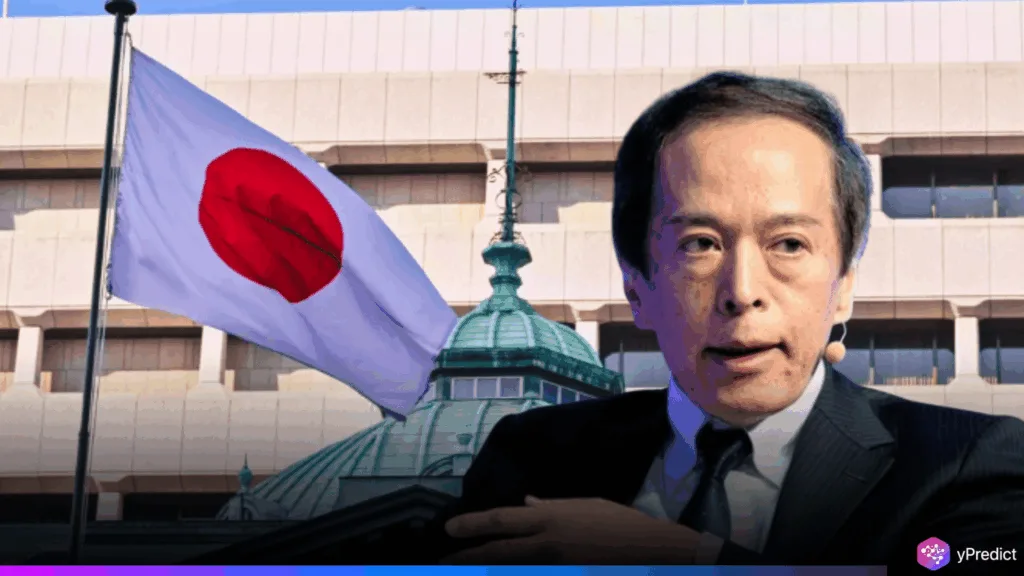
The BOJ is under pressure as it attempts to distance its central bank policy from the influence of fiscal politics. Deputy Governor Shinichi Uchida underscored that the BOJ should keep price stability as the primary goal. Hence, with the inflation targets in mind, the BOJ is getting ready to taper monetary easing.
Secondly, its stance on government debt buying is also being clarified. These remarks follow growing political pressure on Prime Minister Shigeru Ishiba to raise public expenditure in the run-up to the election. For the economic future of Japan, achieving a prudent balance between stimulating economic growth and maintaining policy autonomy has become essential.
Central Bank Policy Must Stay Fiscal Neutral
The deputy governor of the BOJ explained clearly that monetary policy should not be sacrificed to fiscal requirements. He cautioned that central bank policy should be kept away from the perception of funding government debt, or it might create inflation.
In addition, Uchida mentioned that while central banks can create money, printing money recklessly poses huge risks. He again confirmed that Japan’s monetary easing initiated in 2013 was aimed at achieving a 2% inflation goal only. He made it clear that these efforts were never geared towards rescuing the government’s finances. The BOJ believes that to ensure its independence and not face long-term financial distress, it must move away from fiscal operations.
Can the BOJ Withstand Political Spending Demands
Uchida’s comments arrive just weeks before the upper house elections. Lawmakers from both ruling and opposition parties are calling for higher spending, placing pressure on monetary decisions. However, the BOJ aims to stay clear of political agendas and maintain focus on price stability.
Analysts suggest that rising concern over Japan’s fiscal health recently pushed long-term bond yields to new highs. This makes it more difficult for the BOJ to gradually withdraw its broad monetary easing policy without upsetting the market. Last year, the BOJ ended its yield cap policy, but its short-term interest rate is still at 0.5%.
Furthermore, Uchida promised that future changes are meant to normalize central bank policy. It will include a new bond tapering plan that will start in fiscal 2026. The BOJ will release detailed plans later this month. In his speech, he emphasized that fiscal demands must not shape monetary direction. The commitment to transparent communication is part of the BOJ’s broader efforts to retain public trust during the transition.
Future of Central Bank Policy Remains Under Scrutiny
One important issue raised by Uchida is that the BOJ shouldn’t seem to be directly funding public debt. All actions must be in line with its inflation and growth targets to retain credibility. Japan’s experience offers guidance on striking a balance between stimulus and central banks around the world dealing with comparable post-2008 issues.
The BOJ aims to prevent the impression that it is permitting unsustainable public spending. It will accomplish this by restating its purpose and withdrawing from the formulation of financial policy. Therefore, both domestic and foreign stakeholders are closely monitoring the BOJ’s actions.
What Happens If Policy Becomes Political?
Japan’s central bank policy will have to balance economic mandates with political expectations in the future. Therefore, Uchida’s firm message emphasizes that the BOJ’s responsibility is to ensure price stability, even though pressure to support budget expansion may continue. As Japan transitions into a new phase of economic policy, its success will depend on how well it maintains that balance.







